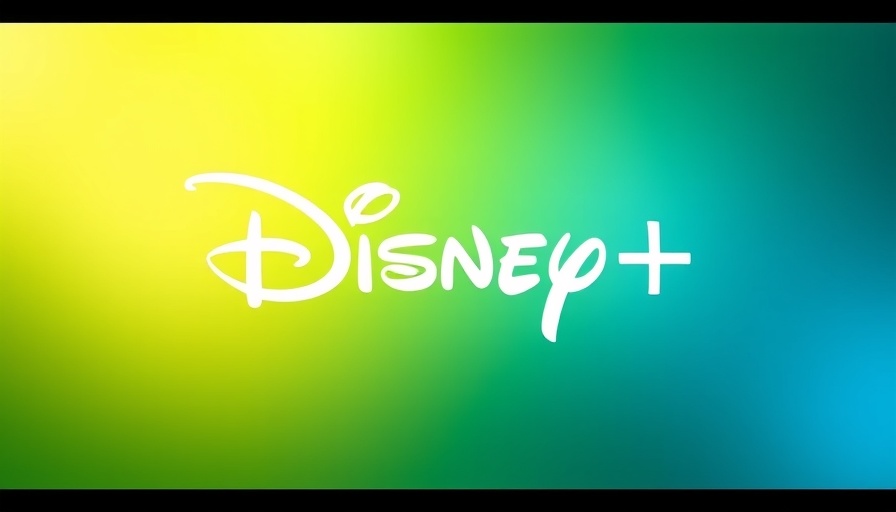
Disney's Legal Stand Against AI: A Game Changer
In a bold move that echoes across the film and tech industries, Disney and Universal have initiated legal action against Midjourney, an AI image generation startup. The lawsuit, based on allegations of copyright infringement, claims that Midjourney has transformed into a "bottomless pit of plagiarism." This case shines a spotlight on the contentious relationship between traditional media giants and emerging AI technologies.
Understanding the Copyright Concerns
The heart of Disney's allegations lies in the company’s claims that Midjourney has been producing works that mimic their iconic characters, potentially confusing customers and undermining their intellectual property. As AI becomes more adept at generating creative content, the implications on copyright laws become increasingly complex. This lawsuit presents an opportunity to reevaluate existing legal frameworks governing creativity versus automation.
Future of AI and Intellectual Property
As AI technology rapidly evolves, the question of ownership intensifies. For small business owners and entrepreneurs, understanding these developments is crucial. The dispute between Disney and Midjourney could set precedents that shape how AI tools are integrated into business practices. For instance, existing tools that entrepreneurs rely upon for creativity could face new regulations that impact their functionality.
AI Tools Every Business Owner Should Consider
With AI emerging as a pivotal tool for business innovation, entrepreneurs should consider how they can utilize these technologies responsibly. Here are some AI tools that are proving invaluable:
- Copy.ai: Aimed at content creators, this tool helps produce written material quickly and efficiently.
- Canva's Magic Write: Useful for entrepreneurs looking to create polished visual content without needing a graphic design background.
- ChatGPT: Beyond casual conversation, this tool can assist in drafting marketing emails, creating outlines, and brainstorming business ideas.
The Ethics of AI and Small Business
As the conflict between established companies and AI startups heats up, the ethical implications of AI usage in small businesses cannot be overlooked. Business owners must weigh the benefits of AI automation for entrepreneurs against potential copyright risks. Striking a balance is key—leveraging AI to enhance productivity while respecting creative ownership of established brands is critical for fostering a sustainable market landscape.
Decisions Small Business Owners Can Make Today
This emerging scenario invites small business owners to reassess their use of AI in operations:
- Consult legal advice to understand how copyright laws might affect your operations.
- Look for ethical AI solutions that are explicitly designed to respect copyright.
- Foster creativity by embracing unique branding that distinguishes you from larger, established organizations like Disney.
Disney and Universal's action against Midjourney exemplifies the growing conflict around AI's role in creative industries. For small business owners, this serves as a potent reminder that understanding and navigating copyright issues in the AI landscape can be the key to leveraging these tools successfully without crossing legal boundaries.
As we continue to explore the intersection of AI and business, it’s clear that these developments will shape the future's entrepreneurial landscape. Stay informed and adapt to ensure your business not only survives but thrives amidst technological advancements.
 Add Row
Add Row  Add
Add 




 Add Row
Add Row  Add
Add 

Write A Comment